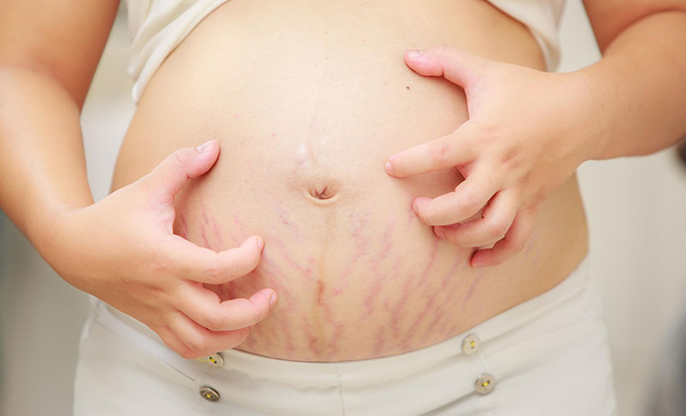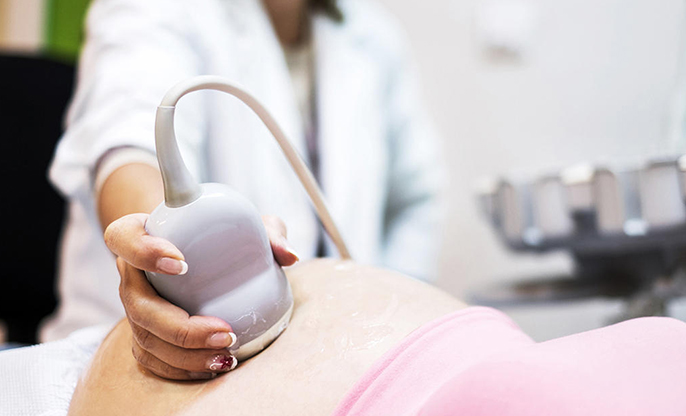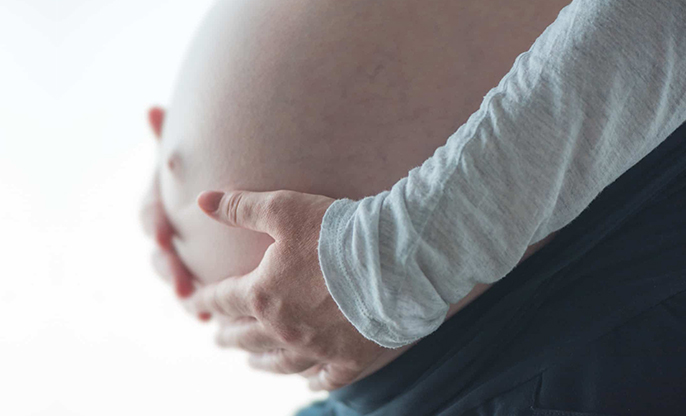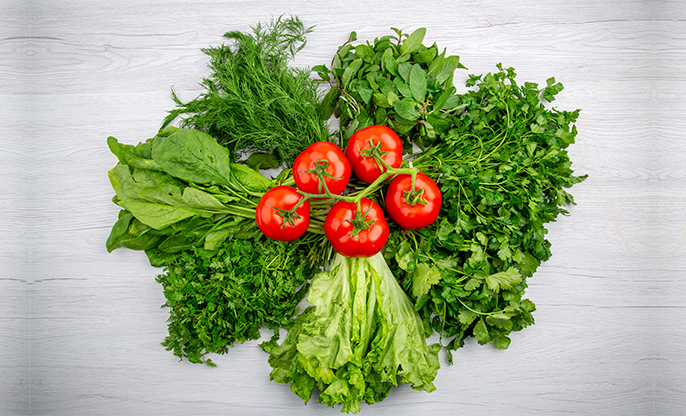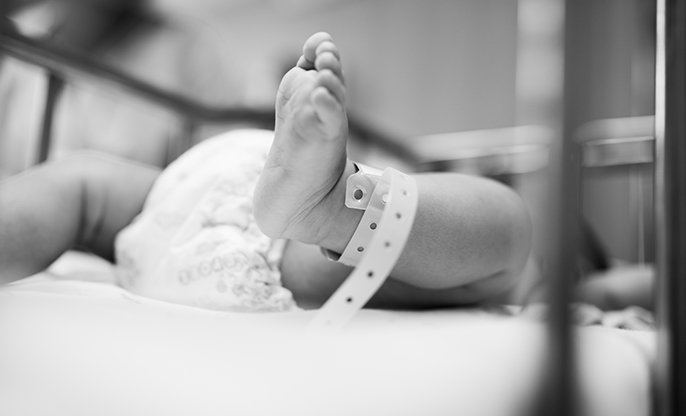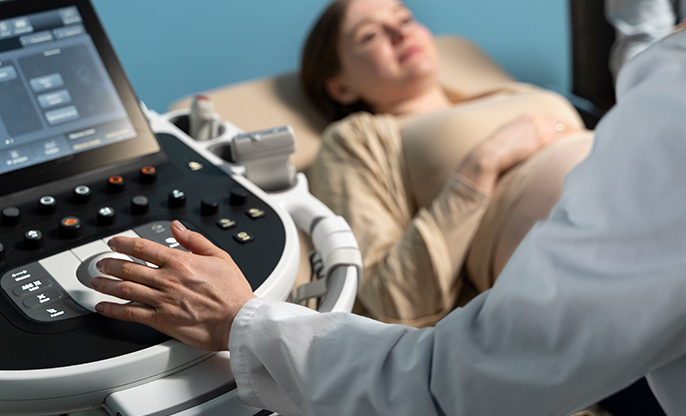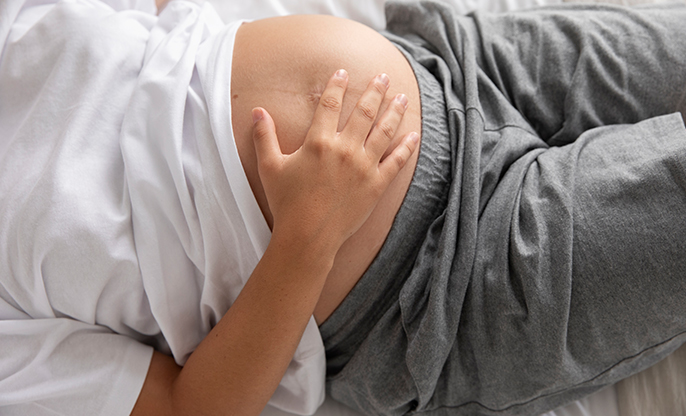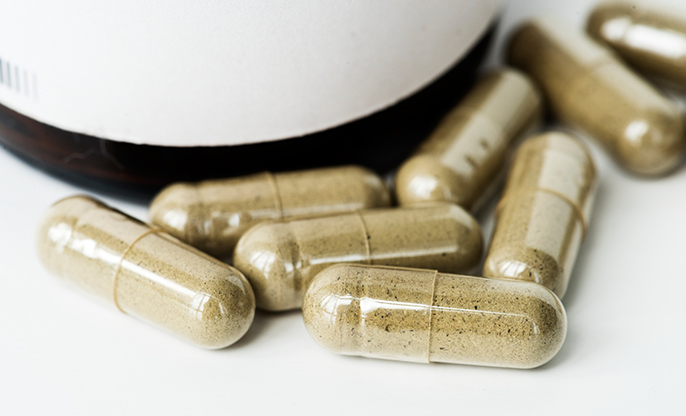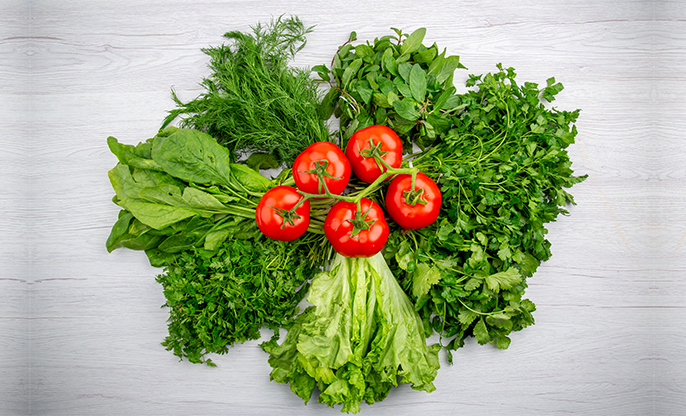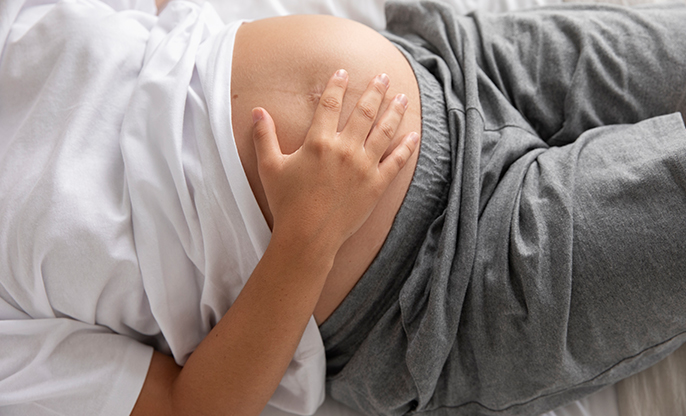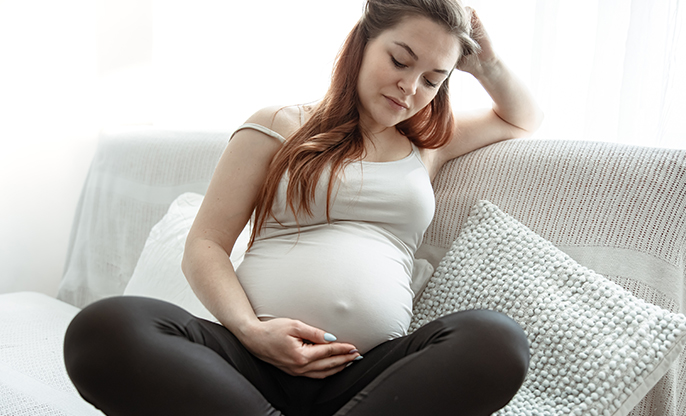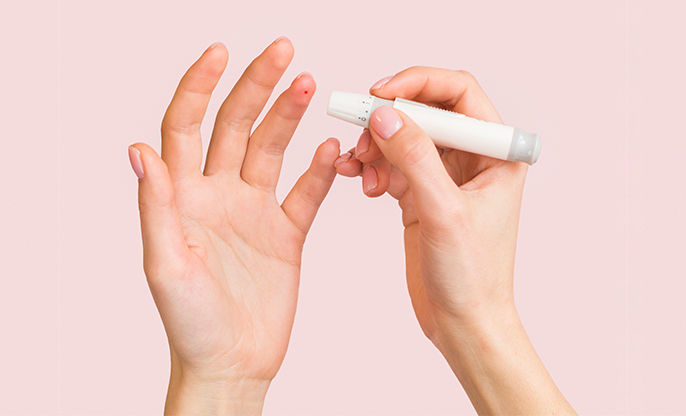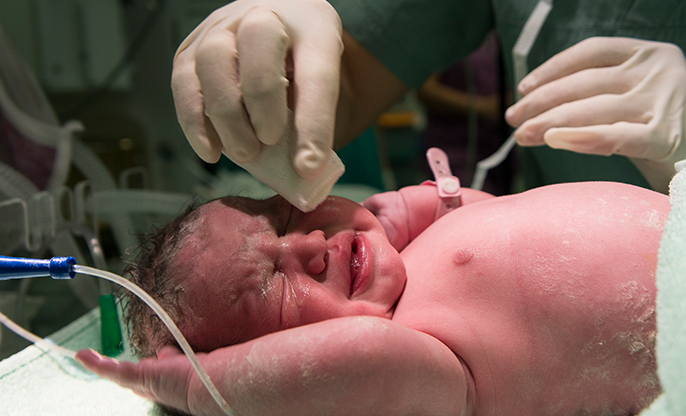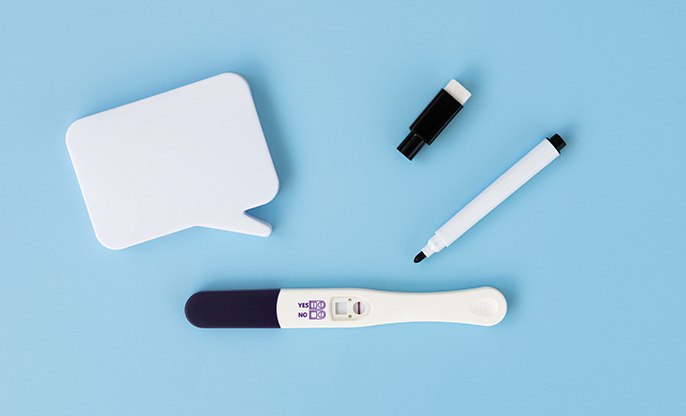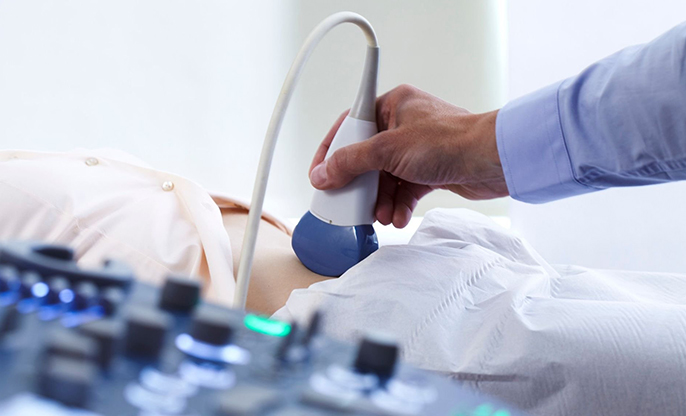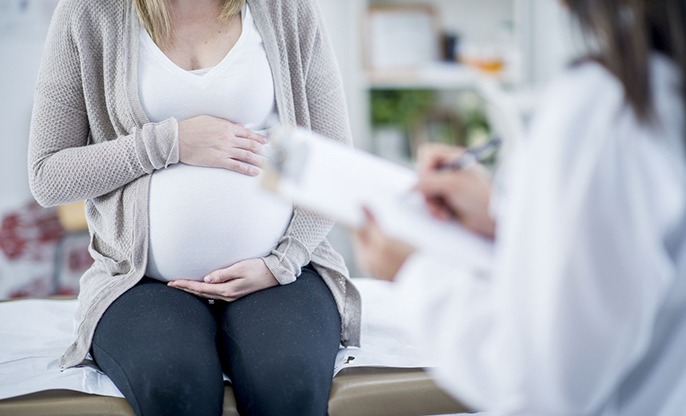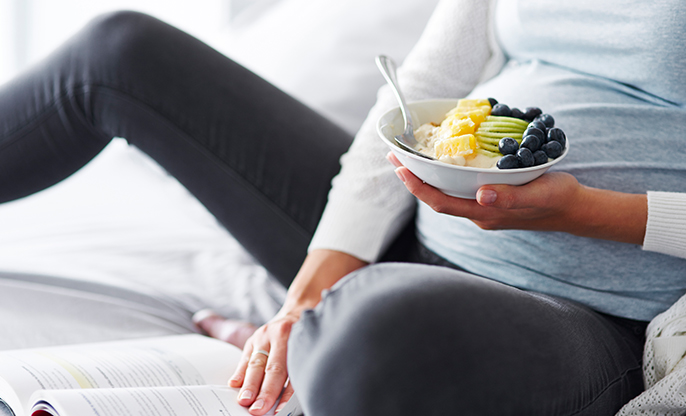
Gestational diabetes usually goes away after pregnancy, but while it’s there it has the ability to impact your and your little one’s health and wellbeing. Alongside, once you've had gestational diabetes, your chances are two in three that it will return in future pregnancies. Hence, it is better to keep it in control by following a few simple steps after diagnosis!
Steps after diagnosis
- If you receive a diagnosis of gestational diabetes, your treatment plan will depend on your blood sugar levels throughout the day.
- In most cases, your care provider will advise you to test your blood sugar before and after meals. He/she will also advise managing your condition by eating a nutrient-rich diet and exercising regularly.
- If your care provider encourages you to monitor your blood sugar levels, he/she may provide you with a glucose-monitoring device.
- A balanced diet can help manage gestational diabetes. In particular, women with gestational diabetes can pay special attention to their carbohydrate, protein, and fat intake.
Carbohydrates
All pregnant women should eat a minimum of 157 grams of carbohydrates and 28 grams of fibre, every day. For women with gestational diabetes, it is recommended to eat complex carbohydrates over simple ones. This is because, complex carbs are digested more slowly, are less likely to produce high blood sugar, and may help reduce insulin resistance.
Your care provider can help you determine exactly how many carbohydrates you should eat each day. Health-promoting carbohydrate choices can include:
- Whole grains
- Brown rice
- Beans, peas, lentils, and other legumes
- Starchy vegetables
- Low sugar fruits
Protein
The recommended dietary allowance (RDA) of protein during pregnancy varies by trimester and may vary based on your individual needs. During the first trimester of pregnancy, the RDA is about 46 grams of protein per day. During the second and third trimesters, it’s about 71 grams per day. Good sources of protein can include:
- Lean meats
- Poultry
- Fish
- Tofu
Fat
Healthy sources of fat can provide nutrients, such as vitamins and minerals. Health-promoting fats to incorporate into your diet include:
- Unsalted nuts
- Seeds
- Olive oil
- Avocado
Note
Uncontrolled GDM can be risky to both you and your baby. Most women with gestational diabetes are able to have a vaginal birth, but are more likely to have a c-section than women without diabetes. High blood pressure, premature delivery and preeclampsia are more common in women with gestational diabetes.


